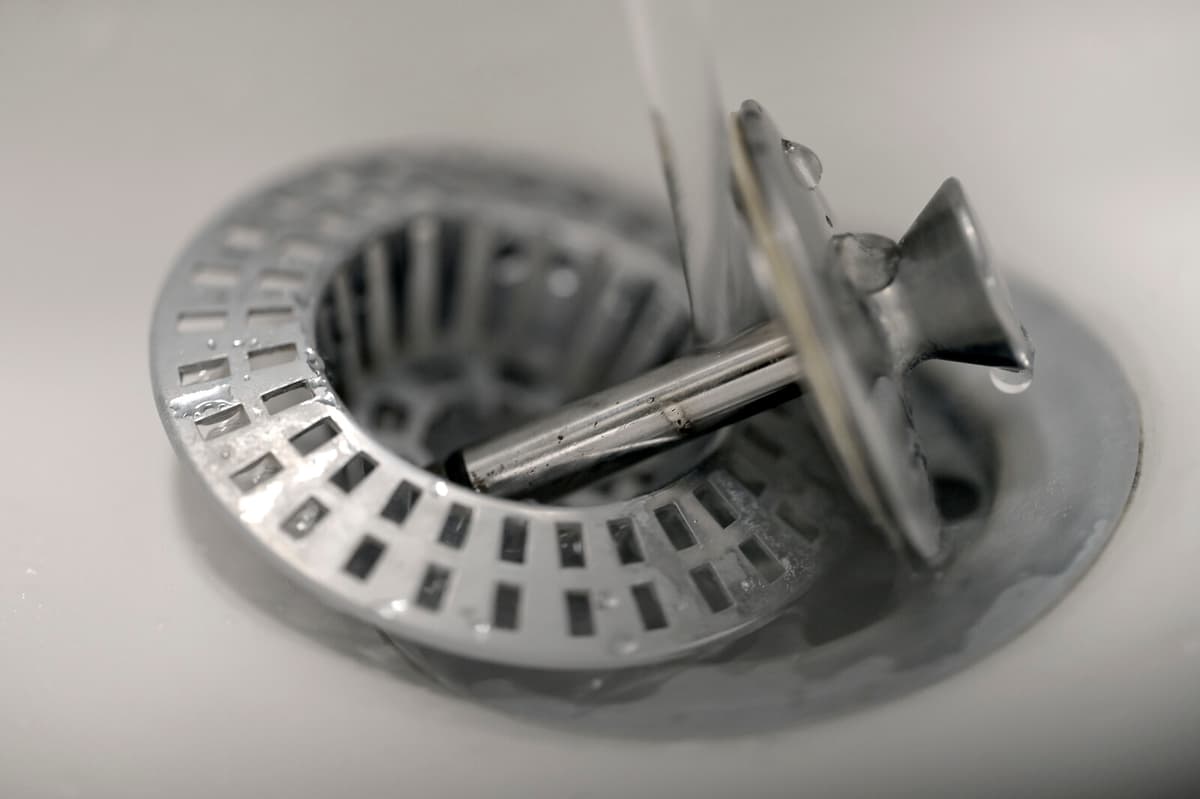The tough economic situation has led to a significant increase in prices, including those for water and sewage. On average, the increase this year in the country's municipalities is around 14 percent, according to statistics from Svenskt Vatten.
The organization also expects further increases in the future. The forecast for next year is between 5 and 10 percent.
We believe that there will be gradual increases throughout the country, but it will vary locally. Some municipalities have already raised their prices and others have it ahead of them, says CEO Pär Dalhielm.
A doubling
It's impossible to say exactly how large the increases will be in the future.
But we're talking about a doubling by 2040, and in some municipalities, significantly more than that. What we know is that the variations will be large depending on where you are in the country.
The reasons for this are several. Cities need to be adapted to climate change, there are increased environmental requirements, and higher demands are being placed on the quality of our drinking water.
Furthermore, there is a debt to be addressed. The industry organization sees that Sweden has not prioritized maintenance of the infrastructure for water and sewage as it should have – something it is worried about.
We are worried that we risk undermining the conditions for good drinking water production and sewage management in the long run.
It's not an acute problem here and now, but it can become one in the future if it continues like this.
Sweden has an annual underinvestment of SEK 10 billion. If today's low renewal rate persists, households and public activities will experience more disruptions and interruptions. We risk buying ourselves a problem we don't need.
"No one takes responsibility"
According to Svenskt Vatten, Sweden needs to invest nearly SEK 600 billion in infrastructure for water and sewage by 2040.
These are large sums. If this were a post in the state budget, it would be a discussion in the government and parliament.
The responsibility for water and sewage lies with the municipalities. But the organization lacks a political discussion at the national level about how to address this issue.
No one in the government takes responsibility for water and sewage issues because they think it's a local responsibility, and locally, they are worried about the financial consequences and are putting off the issue until the future.






